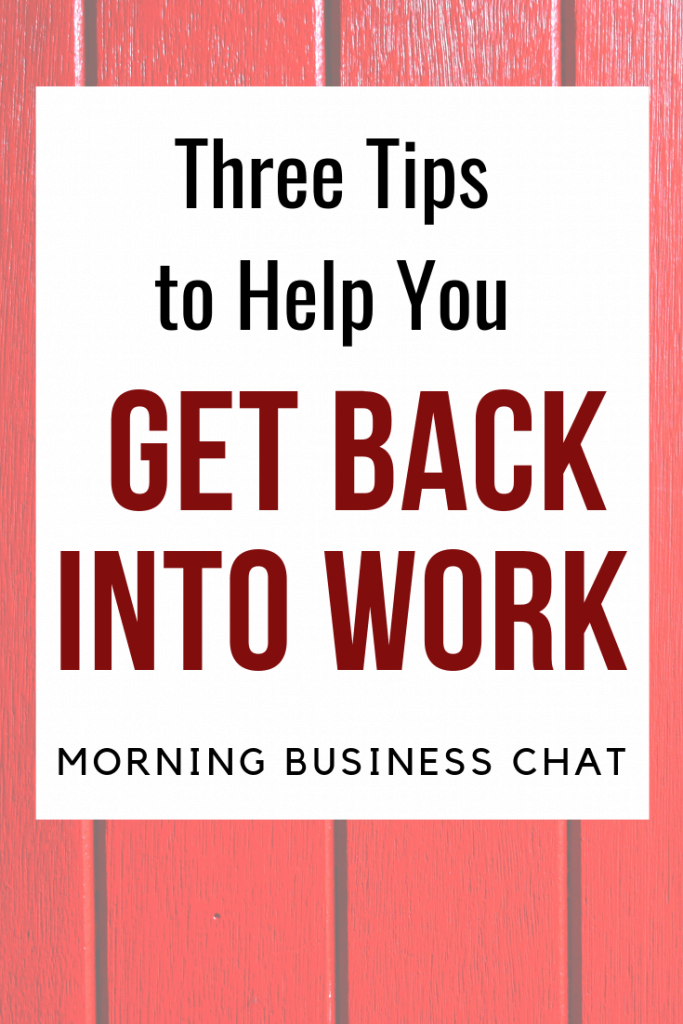Skilled professionals of all stripes go freelance for many reasons: the freedom to work independently, time for creative pursuits, and the ability to choose your projects. But the freelance life doesn’t gel with everyone. Three Tips to Help You Get Back into Work

Photo by Fancycrave.com from Pexels
Work Out What (If Anything) Worked For You
Just because you’re over freelancing, doesn’t necessarily mean that nothing about the freelance life worked for you. You quit your day-job to be a freelancer in the first place, right? To ensure that you find the fulltime job that suits you best, it’s important to understand what you want—and don’t want—from a workplace. For example, maybe you really thrived under flexible working conditions because you work best at night, but you missed working with other people. When you start your job search or speak to your recruitment agency about the types of employer you’re hoping to attract, be sure to mention that you’re looking for flexible work hours and a collaborative environment. A specialist recruiter like Silven will help you zero-in on opportunities that tick all your boxes.
Understand How Freelancing Has Made You Special
Getting a fulltime job after you’ve been freelancing for a while is not always easy. When you stray off the beaten track, your skillset will stop resembling the ‘standard’ skillsets of most people in the workforce. While this might be a little frightening, the key to interviewing successfully as a freelancer is using your unconventional work background to your advantage, rather than seeing it as a hindrance. Before you write your CV or take your first interview, prepare a list of all the things you’ve learned being a freelancer that you wouldn’t have discovered in your old role. For example, you’ve probably got quite good at accounting, not to mention marketing, admin and customer service. Draw on these self-taught skills to craft a unique candidate profile. Being able to name a few unique skills you have developed, and most importantly, explain how they will be relevant to your target role, will make your CV rise to the top.
Photo by Toa Heftiba on Unsplash
Get a Foot In
Let’s be real: job hunting is hard, even if you have all the relevant skills. Coming back from a freelance existence is even harder. You are more limited at first in what you can apply for. If you’re having trouble getting interviews for your dream job, you may have to step back and take an interim job that gets you out of freelancing, and use that as a springboard onto your ideal career track. Apply for jobs that have significant overlap with the work you were doing as a freelancer, or consider approaching your best clients for more formal work opportunities. Once you’ve landed your first ‘real’ job after freelancing, the world is your oyster.
Whether you’ve been a freelancer for one year or ten, being out on your own can make getting back into the workforce a challenging undertaking. These tips will help you breakthrough.

- This post has been written by an outside source – See Disclosure Policy


